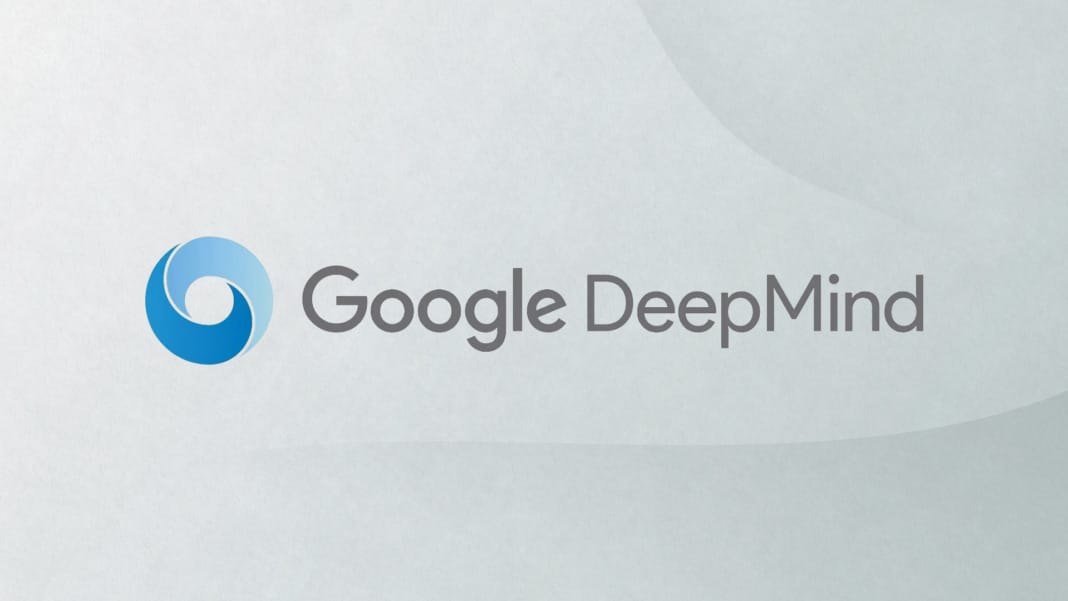In the ever-evolving landscape of Search Engine Optimisation (SEO), the concept of a “crawl budget” has often mystified even the sharpest minds. This term refers to the presumed limit on how many pages a search engine like Google can crawl on a website daily. The common belief has been that websites must stay within this budget to ensure their pages are indexed. However, a recent discussion by Google’s Search Relations team has shed light on how the search giant prioritises website crawling, debunking many myths surrounding the crawl budget.
Understanding how Google prioritises website crawling
The conversation around crawl budgets and how Googlebot decides which pages to crawl and when has been filled with misconceptions. Dave Smart, an SEO consultant and Google Product Expert spoke to this confusion, noting the array of myths that cloud understanding. Gary Illyes from Google’s team challenged this by asking how one would decide what to fetch if they operated a crawler. The answer lies in assessing what’s currently known, finding a starting point, and determining the importance of different content to decide on the crawling order.
Gary Illyes further clarified that Google’s decision on the extent of crawling is influenced by search demand. Although not explicitly defined by Illyes, this concept can be inferred to mean the demand for search queries related to specific content. For instance, if there’s a decline in searches for a particular topic, the crawl frequency related to that topic might decrease accordingly. The underlying message is clear: to increase the frequency of your content being crawled, it must be deemed valuable by the search system, a decision heavily influenced by the relevancy and quality of the content.
The emphasis on quality and user experience
How can website owners ensure their pages are efficiently crawled and indexed? The key lies in the quality of the site. Illyes emphasises that Google’s scheduling is dynamic and responds to signals that the quality and utility of content have improved. This means that by enhancing the quality of your pages and ensuring they are highly useful to your audience, you can surpass any perceived limitations on crawling.
Improving your website involves thoroughly analysing performance, identifying improvement areas, and delivering the best possible user experience. It’s not just about the technical aspects of SEO but also about how relevant and engaging your content is to your audience.
In summary
Google’s recent insights have made it clear that the idea of a fixed crawl budget is more myth than reality. Instead, Google’s approach to crawling is flexible, driven by the quality of content and the demand for specific search queries. For website owners, focusing on producing high-quality, relevant content and ensuring a stellar user experience can help their pages get noticed, crawled, and indexed by Google without worrying about hitting an arbitrary limit.





